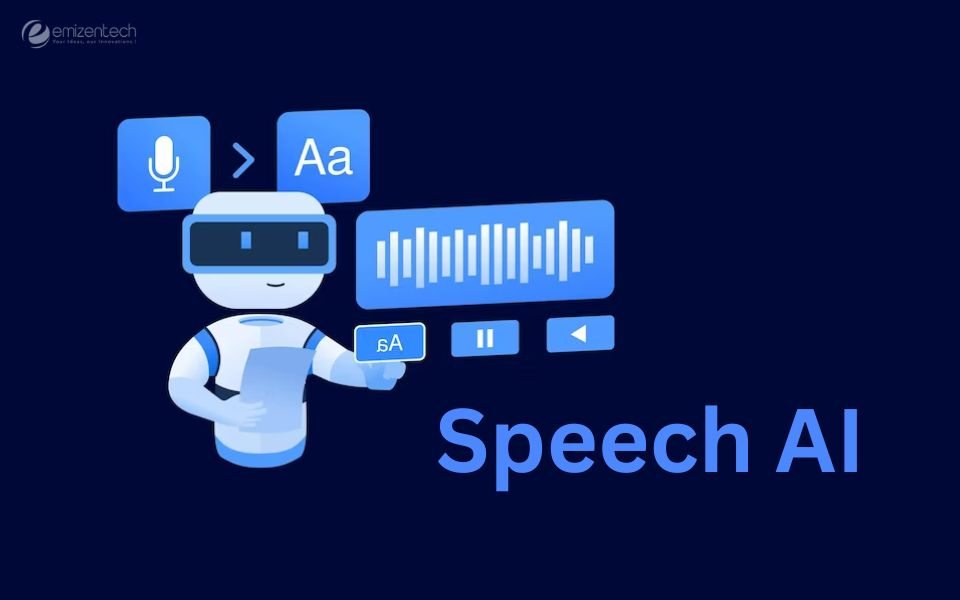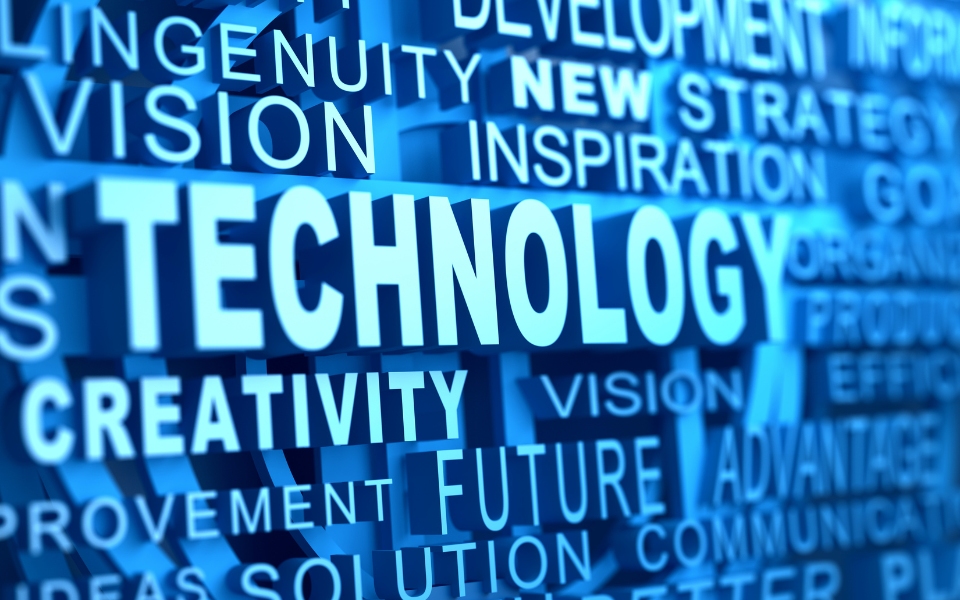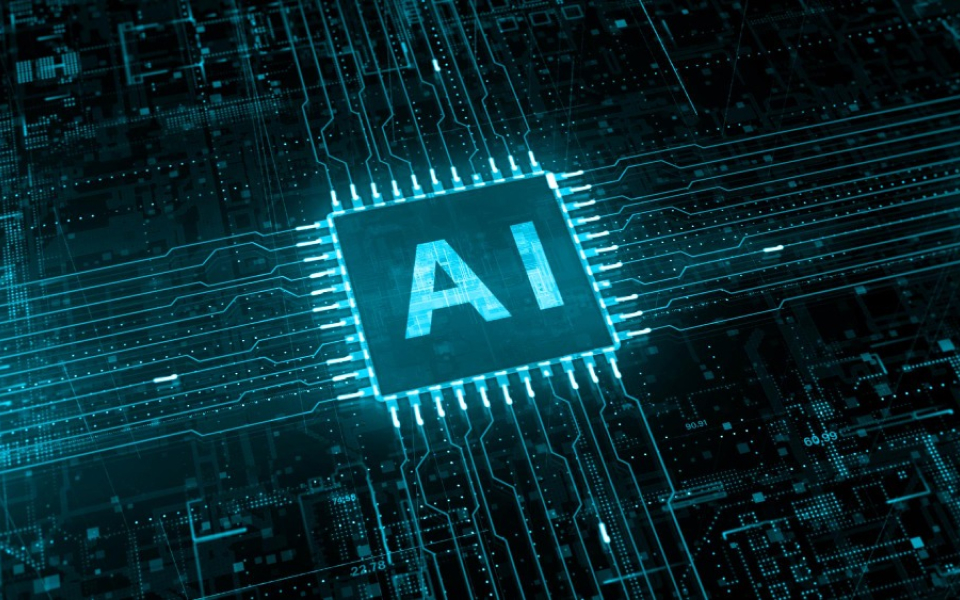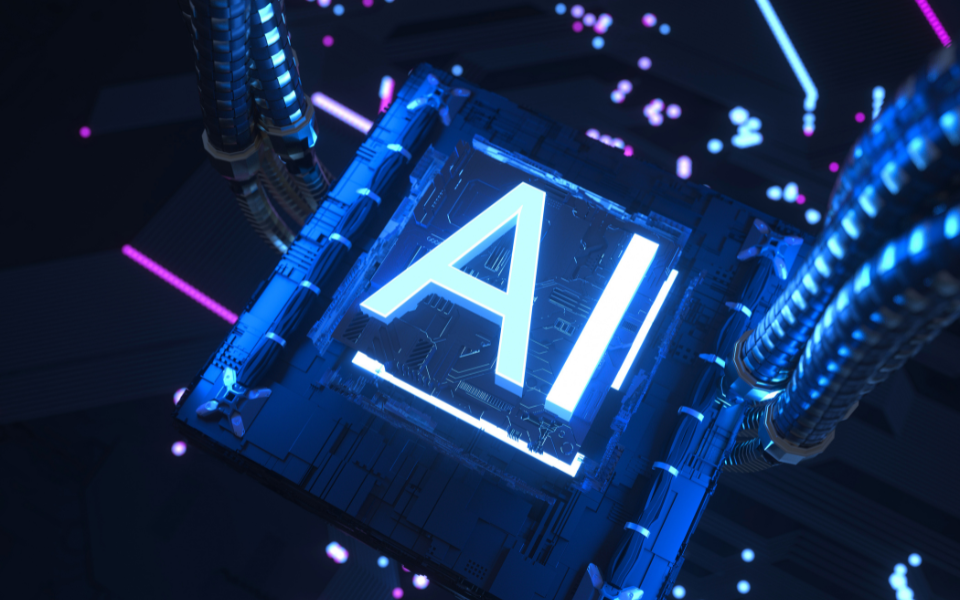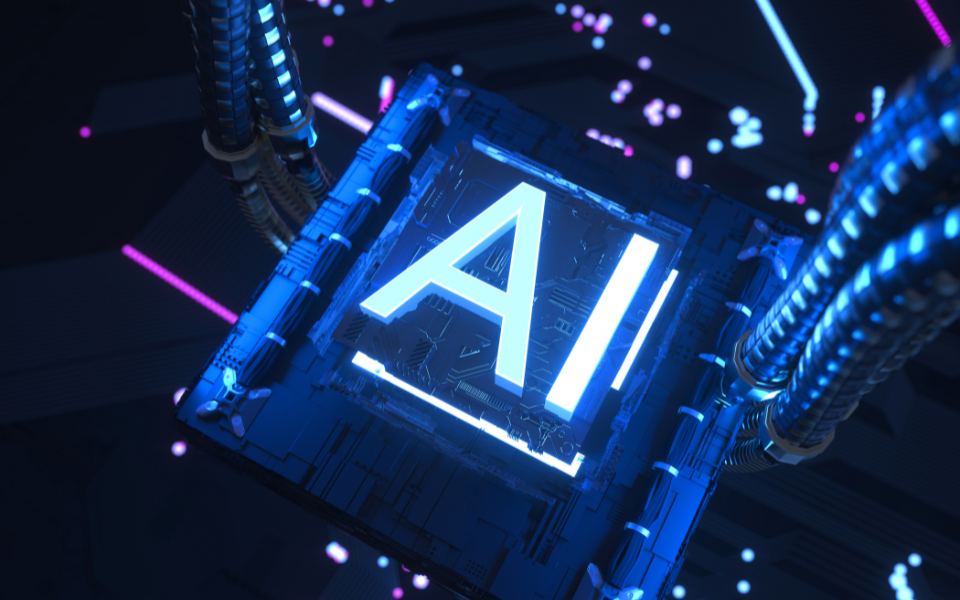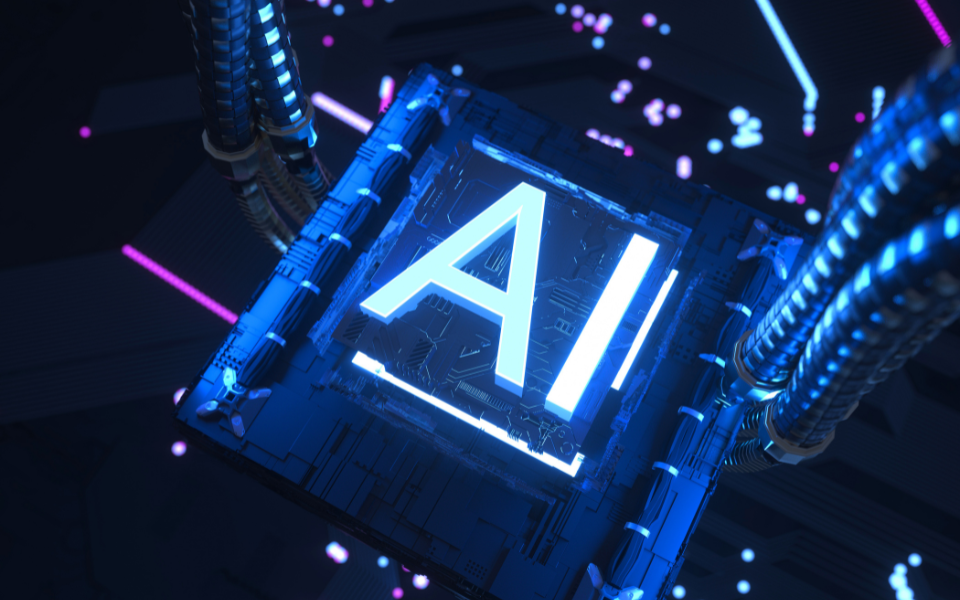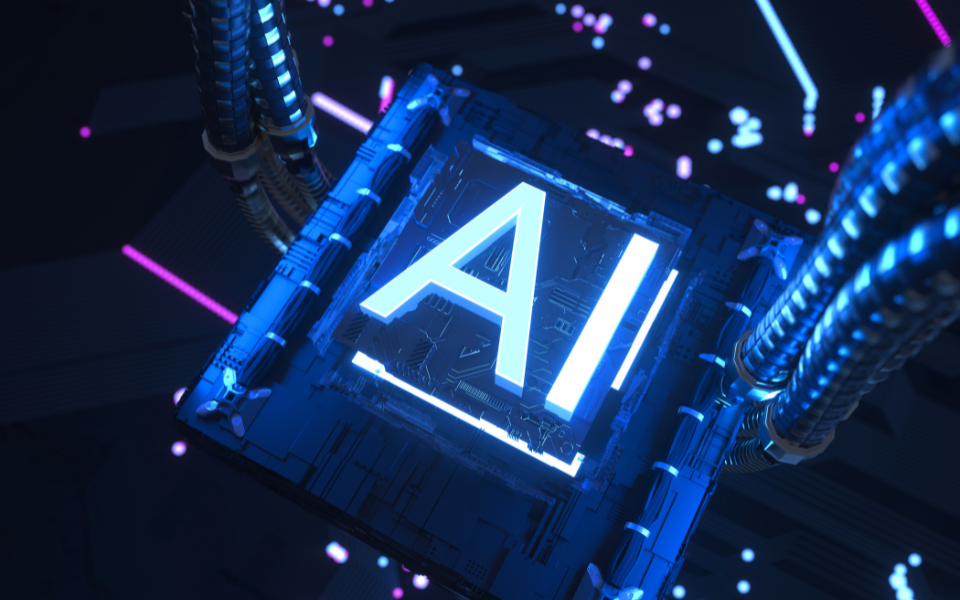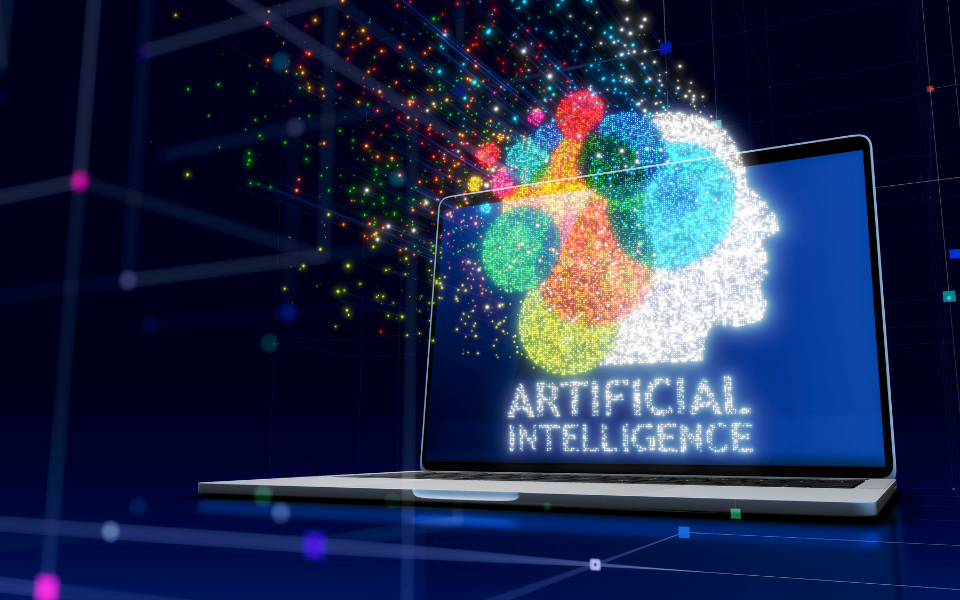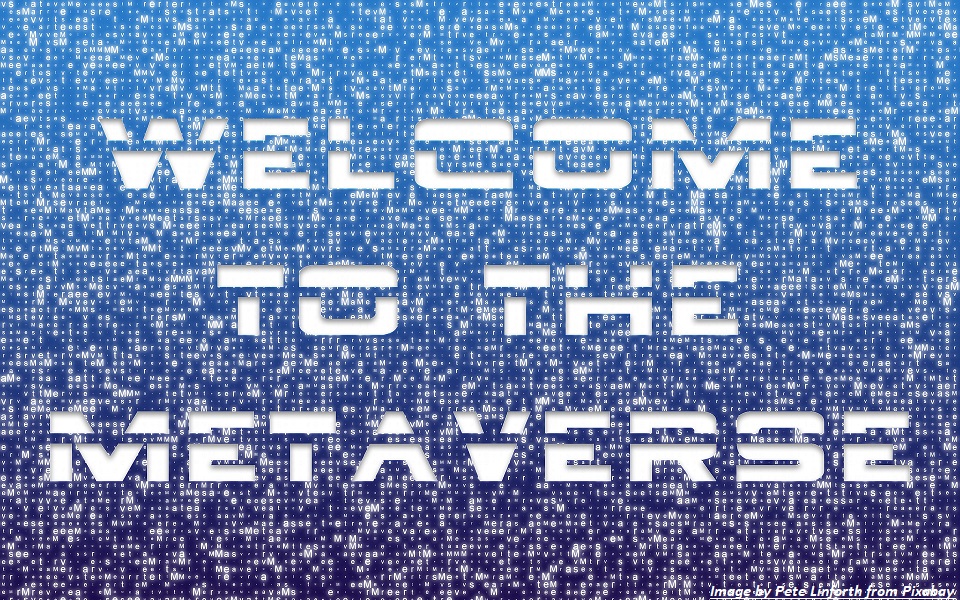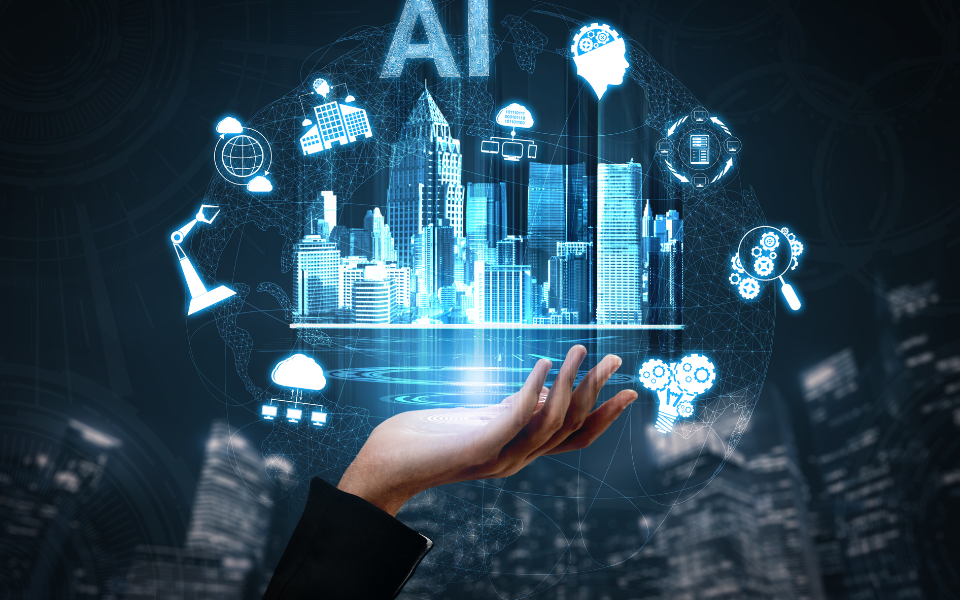The rise of Speech AI has heralded a new era in the tech world, where machines can understand and process human speech with accuracy. This groundbreaking technology has the potential to revolutionize how we interact with devices and systems, making voice commands and natural language conversations a seamless part of our everyday lives. From virtual assistants that respond to our every request to real-time language translation, Speech AI is proving to be a game-changer with far-reaching implications across industries. In this blog, we will delve into the transformative power of Speech AI, exploring its applications, trends, and exciting possibilities for the future.
The Evolution of Speech AI
The evolution of Speech AI has seen significant advancements over the years, leading to the development of sophisticated speech recognition technology and the introduction of voice assistants that have transformed our everyday lives. Let's explore the early developments and limitations of speech recognition technology, the advancements in machine learning and natural language processing, and the impact of voice assistants on our daily routines.
Although speech recognition originated in the middle of the 20th century, the first systems needed to be more accurate and had limited functionality. Due to difficulties such as background noise, speaker unpredictability, and low computing power, these early systems needed help to accurately recognize speech. This development made it simple for the system to improve daily thanks to new technologies like NLP, which has a very high utility value in all AI systems.
One of the most significant milestones in Speech AI was the introduction of voice assistants like Siri, Google Assistant, and Amazon Alexa. These voice-activated intelligent agents dramatically altered how we engage with technology by bringing speech technology into people's homes and gadgets. Using natural language instructions, voice assistants allow users to carry out various tasks, such as setting reminders, placing calls, playing music, or managing intelligent home devices. Voice interaction has become more convenient and accessible due to voice assistant integration into smartphones, smart speakers, and other IoT devices.
How Speech AI Works
Speech AI utilizes machine learning and natural language processing to understand spoken language. The process involves preprocessing audio input, extracting relevant features, training acoustic and language models, decoding and recognizing the speech, and generating the desired output. Through iterative learning, Speech AI systems continuously improve performance and adapt to specific contexts.
Speech AI facilitates the translation of spoken words into text or commands by utilizing sophisticated algorithms and models. Some of the procedures involved are noise reduction, feature extraction, acoustic and linguistic modeling, decoding, and post-processing. Speech AI continually improves its capacity to recognize and react to human speech, revolutionizing how humans communicate with technology.
5 Technological Trends & Applications of Speech AI
The impact of Speech AI on everyday life has been substantial. They have simplified and streamlined numerous tasks, making them faster and more efficient. Voice assistants have become virtual companions, providing information, entertainment, and assistance on demand. They have also opened up new opportunities for accessibility, allowing individuals with disabilities to interact with technology more effectively.
1. Mobile Payments Using Speech AI
Do you ever think about how you'll pay for things in the future? Instead of using cash or handing over your credit cards, you can use your voice to make payments. That day may be coming very soon! Many companies are already focusing and working on voice recognition for payment transactions. Here is how it will work- Rather than typing in a password or pin before making an online purchase, you can speak one-time passwords. Mobile payments with voice recognition are right on the horizon of becoming popular.
2. AI Assistance Recognising Specific Voice
AI assistants like Siri and Alexa have become common daily, assisting us with various tasks. Recent developments in AI technology, however, enable user-specific speech recognition, guaranteeing that the assistant only responds to the authorized user. This feature, already built into iPhones, improves security and stops unauthorized users from accessing devices and data. As this technology develops, it is anticipated to expand to additional applications, further protecting user privacy and property.
3. Voice Identification for Security
Voice identification has become a promising user authentication method due to the rising popularity of online banking and the requirement for strong security measures. Speech authentication uses a person's distinctive voice as a secure "password" to access critical accounts, much like AI assistants do. By providing multi-factor authentication, which combines features like fingerprint scanning or facial recognition with voice recognition, this kind of identification improves security. Compared to conventional password-based procedures, these sophisticated authentication solutions offer better protection, reducing the dangers of unauthorized access to online accounts.
4. Voice recognition in Forensic and Criminal Identification
Unexpectedly, voice recognition technology is now being used to help identify criminals. Voice ID technology has been made available to the forensics sector thanks to a partnership between AGNITIO and Morpho (Safran), enabling voice recordings to be used as vital evidence. This technology makes it easier to use speech biometrics globally for subject identification, background checking, fingerprints, and other techniques. Voice recognition ignores dialects or languages in favor of a person's distinctive voice, with nearly immediate matching and an astonishing 99% accuracy rate. As a result, this technology helps law enforcement agencies worldwide solve crimes.
5. Speech AI for Translation Application
Think about being at a hotel in a foreign nation and encountering a language problem with the front desk staff. Thankfully, the hotel has a voice-recognition-based translation system for in-the-moment communication. With this technology, you may speak into the gadget, which will translate your words visually or audibly so that the cashier can hear you. By enabling meaningful talks across language hurdles and aiding in removing linguistic barriers, this technology helps travelers and international enterprises, schools, and organizations.
Future Implications and Possibilities
1. Enhanced Personalization
Speech AI can comprehend and adjust to specific users' preferences, enabling highly personalized interactions. To deliver recommendations, help, and material that is specifically tailored to each user, AI assistants might learn from their actions, voice patterns, and preferences.
2. Improved Language Learning
Speech AI can transform language learning by delivering engaging, interactive experiences. AI-powered language tutors that offer real-time feedback, pronunciation correction, and customized language training can be made possible by advanced speech recognition and natural language processing capabilities.
3. Advanced Human-Machine Interaction
The relationship between people and machines is anticipated to improve as speech AI technology advances. By understanding nuance, emotion, and even non-verbal signs, conversational AI systems might have more natural and context-aware dialogues that would improve user experiences.
4. Medical Applications
Speech AI holds great promise in the field of healthcare. Voice analysis and recognition can be leveraged to detect and monitor medical conditions like speech disorders, mental health issues, or even early signs of diseases like Parkinson's or Alzheimer's. AI-powered voice assistants could provide support and reminders for medication adherence and health management.
Summary
The rise of Speech AI can potentially be a game-changer in the tech world. It offers transformative applications and benefits, including enhanced personalization through tailored recommendations and assistance, improved language learning with real-time feedback, advanced human-machine interaction by understanding nuances and emotions, and healthcare and AI for ecommerce industry applications through voice analysis and early detection. As Speech AI continues to evolve, it is poised to revolutionize communication, learning, and interaction with technology, bringing us closer to a future where speech becomes a ubiquitous and powerful tool




